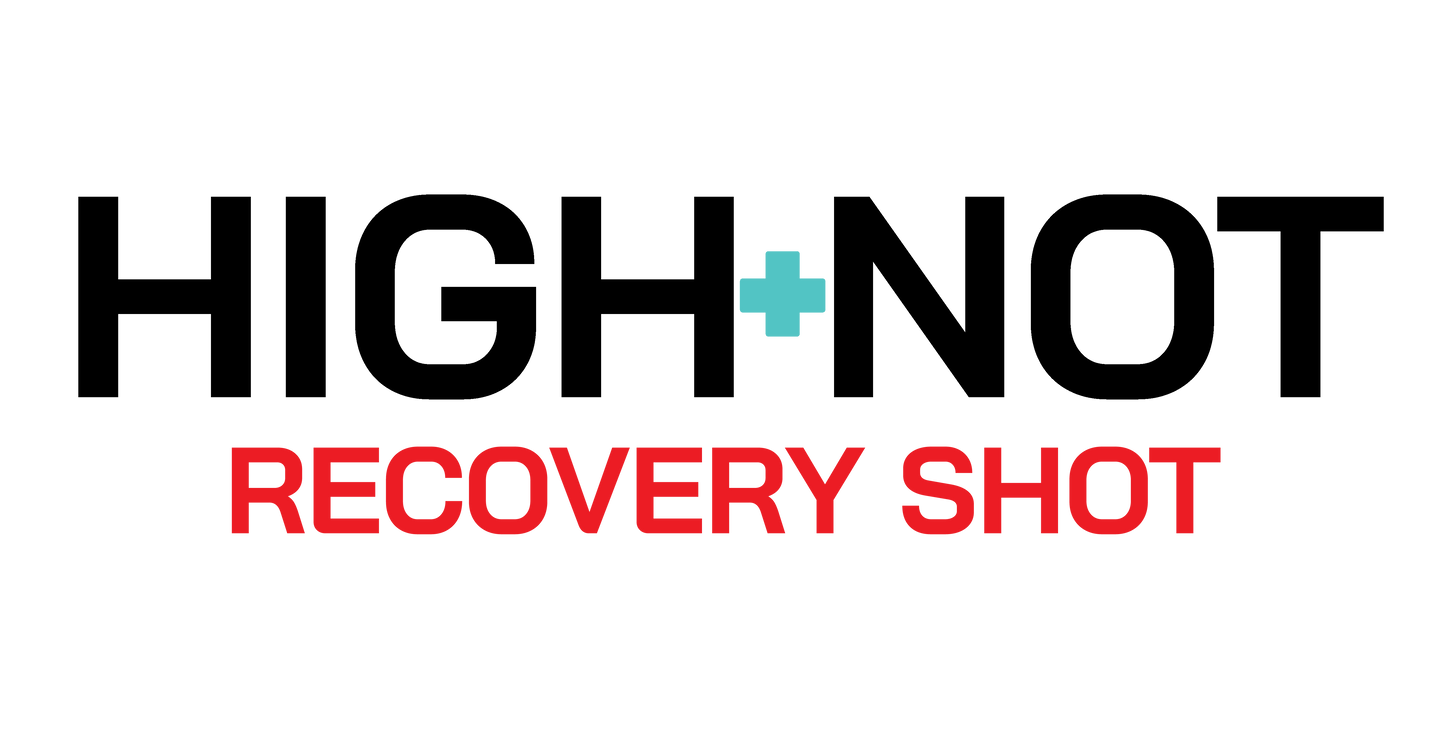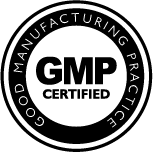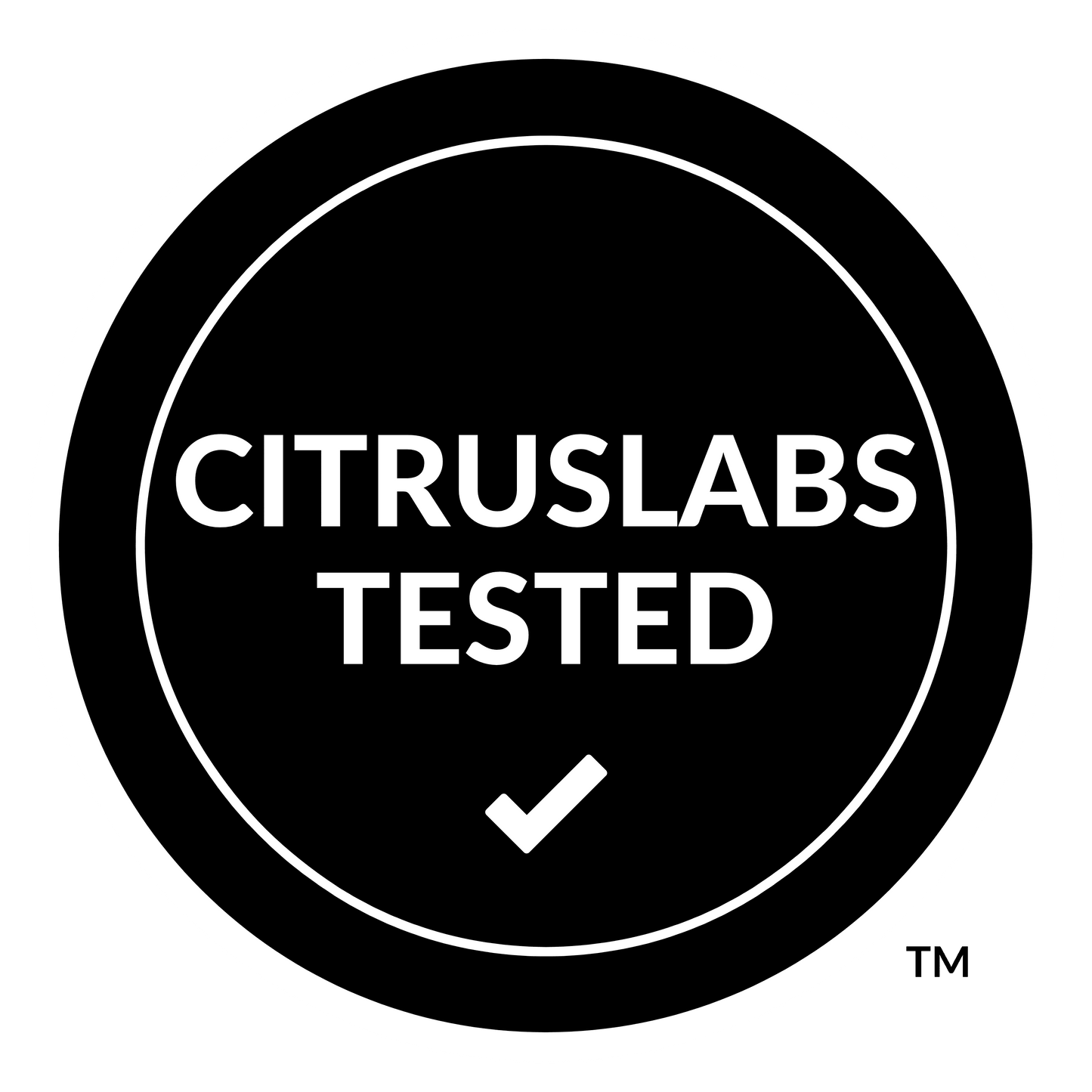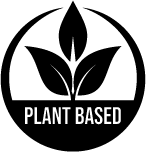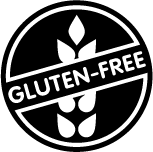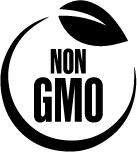
In today’s world, there are countless myths and misconceptions about nearly everything—including how to reduce a weed high. Whether you’re a casual user or an ardent enthusiast, you might have come across some ‘advice’ that promises to curb your high. But how much of it is actually true? Here we debunk some of the most common myths about reducing weed high, so you can enjoy your experience without falling for false information.
1. Drinking Water Instantly Reduces Your High
A common belief among cannabis users is that drinking water can instantly reduce your high. While hydration is important for overall well-being, it doesn’t have a direct impact on diminishing the psychoactive effects of THC. The idea behind this myth is that water will dilute the THC in your system, but that’s not how it works. THC is fat-soluble, meaning it binds to fat cells in your body and isn’t easily flushed out by water alone.
However, staying hydrated does help to alleviate some of the discomforts associated with a weed high, such as dry mouth, also known as cottonmouth. Sipping on water can soothe this particular symptom but don’t expect a glass of water to bring you down from a high. For more effective ways to manage your high, consider trying established remedies that specifically target the symptoms of THC intoxication. To learn about more nuanced aspects of cannabis culture, visit Unlocking the Difference: Hash vs. Marijuana.
2. Eating Sugar Can Quickly Sober You Up
Another widespread myth is that consuming sugar can rapidly reduce your high. People often turn to sugary snacks or drinks hoping to reverse their high. However, there’s no scientific evidence to support this claim. The rationale might be that sugar can provide a quick energy boost, making you feel more alert, but it doesn’t interact with THC to reduce its effects.
A better approach might be enjoying foods that naturally contain compounds thought to counteract the high, such as black peppercorns or pine nuts, which are rich in terpenes like beta-caryophyllene and pinene. These terpenes potentially help mitigate some of the psychoactive effects of THC. You might find this information on how to get unhigh useful when exploring how different foods can influence your cannabis experience.
3. Exercise Will Immediately Cut the High
It’s often suggested that a quick jog or some form of exercise can reduce your high immediately. While it’s true that physical activity can help to clear your mind and get the blood flowing, it does not eliminate the THC from your system instantaneously. Exercise might help you feel more grounded and focus your energies, but it won’t provide an instant cure.
Interestingly, exercise could potentially distribute THC throughout your body faster, influencing the high differently. However, this is more about changing the experience rather than ending it. Some users find moderate exercise helpful in managing the psychoactive effects, but you’ll still need to allow time for the THC to metabolize naturally.
4. Taking a Cold Shower Is a Quick Fix
People often recommend taking a cold shower to ‘shock’ the system and reduce a high quickly. While a cold shower can certainly wake you up and might help you feel more alert, it won’t directly affect the THC levels in your bloodstream. The invigorating effect of a cold shower can provide temporary relief and help you feel more in control, but the substance’s effects will still take time to subside.
Contrast showers, alternating between hot and cold water, may help in rejuvenating your senses. This method can act as a distraction, allowing you to focus on regulating your breathing and body temperature. It’s another way to manage some of the more intense mental effects of THC, but it’s far from a quick fix.
5. Coffee Neutralizes the Effects of Weed
Coffee is often seen as a remedy for sobriety from alcohol or fatigue, so it’s no surprise that people think it can counteract a weed high. However, combining coffee with cannabis doesn’t diminish the effects of THC; instead, it can lead to increased feelings of anxiety and discomfort.
Caffeine is a stimulant, while THC has both stimulant and depressant properties. Mixing the two might sometimes result in a complicated synergy that could exacerbate feelings of nervousness or paranoia. For more effective management of your high without taking hot or cold showers, you might want to look into other options, like the specially formulated High-Not solution.
6. Over-the-Counter Medications Are Effective
Many people believe that taking over-the-counter medications like ibuprofen or aspirin can help counteract the high from cannabis. However, there is little scientific evidence to support this. These medications might help address some symptoms like headaches or muscle aches, but they won’t speed up the metabolization of THC in your body.
Instead, over-the-counter remedies specifically formulated to mitigate the effects of THC, such as those found in the High-Not THC recovery solution, can be a more effective approach. Always consult a healthcare professional before combining substances or medications.
7. Holding Your Breath Reduces the High
A baffling myth suggests that holding your breath for an extended period can reduce your high. While it might seem plausible because increased oxygen levels could theoretically clear your head, in reality, holding your breath has no effect on reducing THC levels in your bloodstream. Instead, this could lead to lightheadedness or other adverse effects unrelated to THC.
Focusing on regulated, deep breathing exercises could help you manage anxiety or feelings of panic associated with a high. Slow, deliberate breaths can help center your thoughts and reduce some of the mental fog that accompanies THC intoxication.
8. Eating Food Immediately Cancels Out the High
The notion that eating food can immediately cancel out your high is another widespread myth. While eating can change your experience by providing comfort and helping to stabilize blood sugar levels, it won’t eliminate the THC from your system. For instance, consuming fats has been shown to increase the absorption of THC, potentially intensifying the high.
However, some foods may contain compounds that could influence your high. For example, black peppercorns contain beta-caryophyllene, which some claim can counteract the effects of THC. More research is needed to validate these claims, and individual responses can vary.
9. Milk Reduces Intoxication
Milk is often touted as a universal antidote for various substances, but its effectiveness in reducing a weed high is debatable. The fats in milk could interact with THC, but this interaction is more likely to affect absorption rather than eliminate the THC from your system. Drinking milk might provide comfort and soothe your throat, but don’t expect it to dramatically reduce your high.
10. Herbal Teas as a Quick Solution
While herbal teas like chamomile or peppermint are known for their relaxing properties, they are not a quick fix for reducing a weed high. Drinking herbal tea can help you relax and may aid in calming your mind, but it won’t speed up the process of eliminating THC from your system.
Certain herbs, such as lemon balm, contain compounds that are thought to help with relaxation, potentially easing some of the symptoms of an intense high. But once again, these effects are more about providing comfort and relaxing you than actually reducing THC levels.
11. Panic Attacks Can Be Stopped Instantly
The idea that you can stop a panic attack instantly through any method is unrealistic. A weed-induced panic attack requires a combination of techniques and patience. While breathing exercises and calming activities can help manage the symptoms, realizing that the panic will eventually pass is critical.
Practices like mindfulness and grounding techniques can be incredibly beneficial. Simply focusing on your breathing or identifying objects around you can help reconnect you with the present moment and reduce feelings of panic. Additionally, creating a peaceful environment can be a significant factor in alleviating anxiety.
12. Lemon Juice Will Instantaneously Work
Drinking lemon juice is another popular remedy believed to reduce a weed high quickly. The thought behind this is that lemon juice contains limonene, a terpene that could have calming effects. While lemon juice might help you feel refreshed and more alert, it won’t instantaneously bring down your high.
However, combining lemon juice with a calming activity like listening to music or practicing deep breathing might enhance your comfort levels. It’s not a magic bullet for reducing weed high but can be a component of an overall strategy to ease your symptoms.
13. Peanut Butter Sandwiches Are a Quick Fix
Perhaps one of the most peculiar myths is that eating a peanut butter sandwich can quickly reduce a high. There’s no scientific basis for this claim. While eating can make you feel more grounded, it won’t substantially alter the effects of THC in your system.
The food could provide some comfort and help with stabilizing your blood sugar, which might improve your overall feeling, but it won’t serve as an antidote to THC. Always remember, the most effective way to reduce a weed high is to give it time and focus on activities that help calm and center you.
14. Drinking Alcohol Will Counteract It
Consuming alcohol to counteract a weed high is one of the worst approaches you can take. Alcohol and THC together can exacerbate the psychoactive effects, making you feel more disoriented and uncomfortable. This combination can also increase the risk of experiencing dizziness, nausea, or a general lack of coordination.
Instead of experimenting with alcohol, consider safer alternatives like hydration and rest. Combining substances usually complicates the effects rather than mitigates them.
15. Listening to Loud Music Helps
Listening to loud music might be a fun distraction, but it doesn’t reduce your weed high. What loud music can do is occupy your mind and interfere with any anxious thoughts you might be having. It shifts your focus but doesn’t affect the THC in your system.
If you find that music helps, opt for calming or familiar tunes that help you relax. Loud or intense music might worsen your anxiety if you’re already feeling paranoid or overwhelmed.
16. Coughing Out Smoke Reduces the High
Myths often stem from misconceptions about how substances affect our bodies, and the idea that coughing can reduce a euphoric high falls into this category. While coughing can help clear your lungs and might give the illusion of ridding your body of THC, it doesn’t impact THC levels in your bloodstream.
Focusing on remaining calm and letting your body naturally process the THC is a more effective approach. Coughing should be avoided as it can lead to discomfort and exacerbate feelings of anxiety or panic.
17. Multivitamins Counteract Weed Effects
While it’s important to nourish your body, taking multivitamins to counteract the effects of cannabis doesn’t work. Multivitamins can help you maintain overall health but won’t specifically target or reduce THC levels in your body.
Instead of depending on vitamins, consider established remedies and techniques like staying hydrated, consuming foods rich in certain terpenes, and practicing mindfulness. Always think of vitamins as supplements to a healthy lifestyle rather than a quick fix for the effects of cannabis.
18. Time Is the Only Solution
While time is undoubtedly one of the most effective ways to reduce THC effects, saying it’s the only solution is a bit of an oversimplification. Techniques that involve regulating your breathing, consuming specific foods, or engaging in calming activities can help manage how you feel while waiting for the high to subside.
In conclusion, there are many myths about reducing a weed high, but not all methods are created equal. By understanding what truly works and why, you can navigate your experiences with more confidence and ease. Be sure to visit the High Not blog for more insightful articles and tips on managing your cannabis journey effectively.
